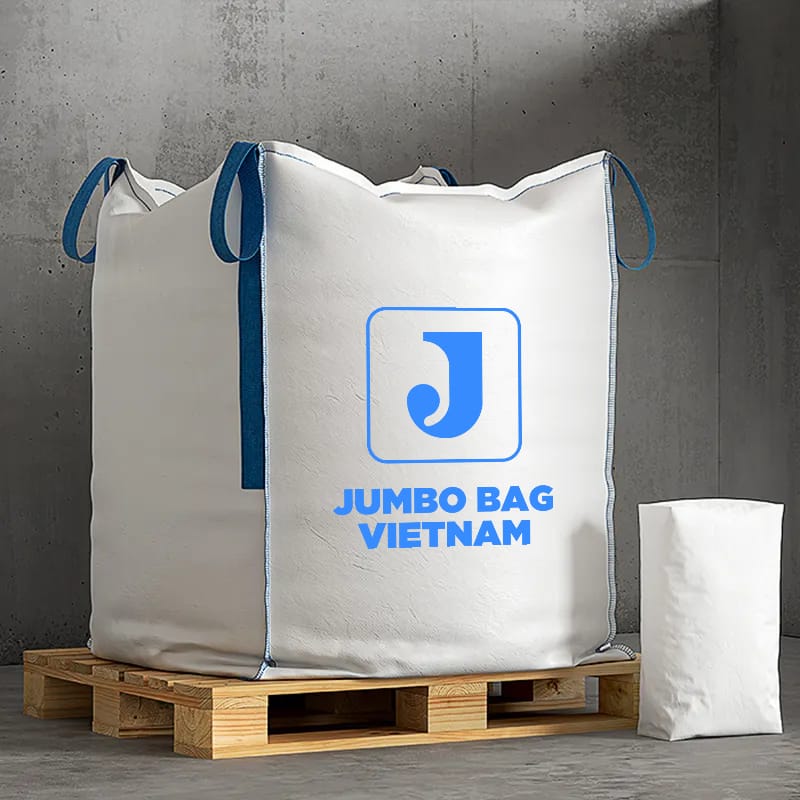Jumbo bags, also known as bulk bags or FIBCs (Flexible Intermediate Bulk Containers), are large, flexible containers used for storing and transporting a wide range of materials. They are made from woven polypropylene fabric, which is strong, durable, and able to hold a significant amount of weight.
One of the main advantages of using jumbo bags is their ability to reduce transportation and storage costs. Because they can hold large quantities of material, fewer bags are needed to transport or store the same amount of material compared to smaller bags. Additionally, jumbo bags can be easily stacked, reducing the amount of floor space needed for storage.

Jumbo bags are commonly used in the construction, agriculture, chemical, and food industries. They can hold a variety of materials, such as sand, gravel, fertilizer, chemicals, grains, and powders. Because they are made from durable materials, they can be reused multiple times, reducing waste and saving money.
Jumbo bags come in various sizes and types, depending on the specific needs of the user. Some bags are designed to be filled from the top, while others are filled from the bottom. Some bags have spouts or discharge chutes to allow for easy unloading, while others have a simple open top.
When using jumbo bags, it is important to follow the manufacturer’s instructions and guidelines for safe handling and use. Improper use or handling of jumbo bags can lead to damage or failure, which can be dangerous.
In summary, jumbo bags are an excellent solution for storing and transporting large quantities of materials. They offer many benefits, such as cost savings, space efficiency, and reusability, and are used in a wide range of industries. If you need to transport or store large quantities of materials, consider using jumbo bags for a safe, reliable, and cost-effective solution.
